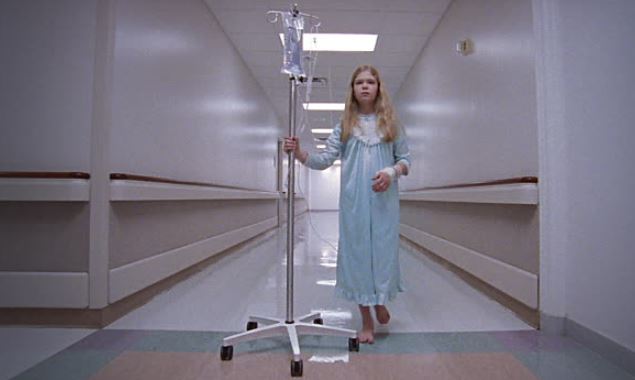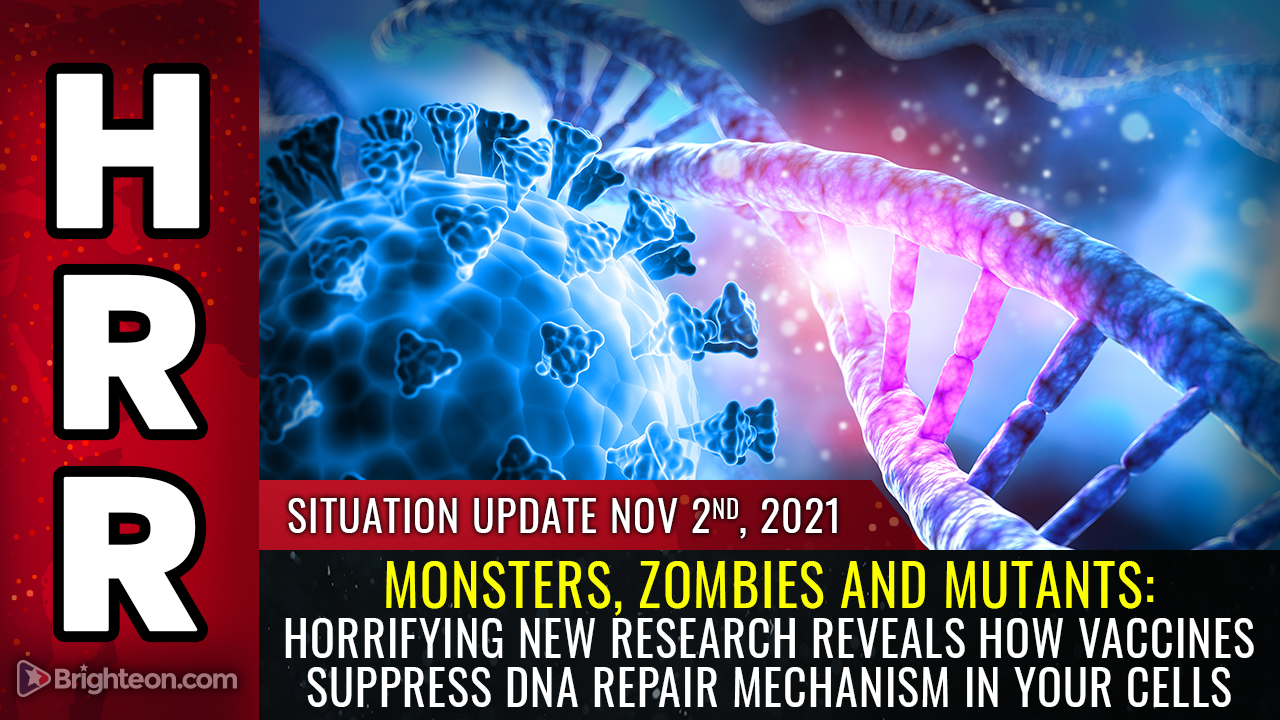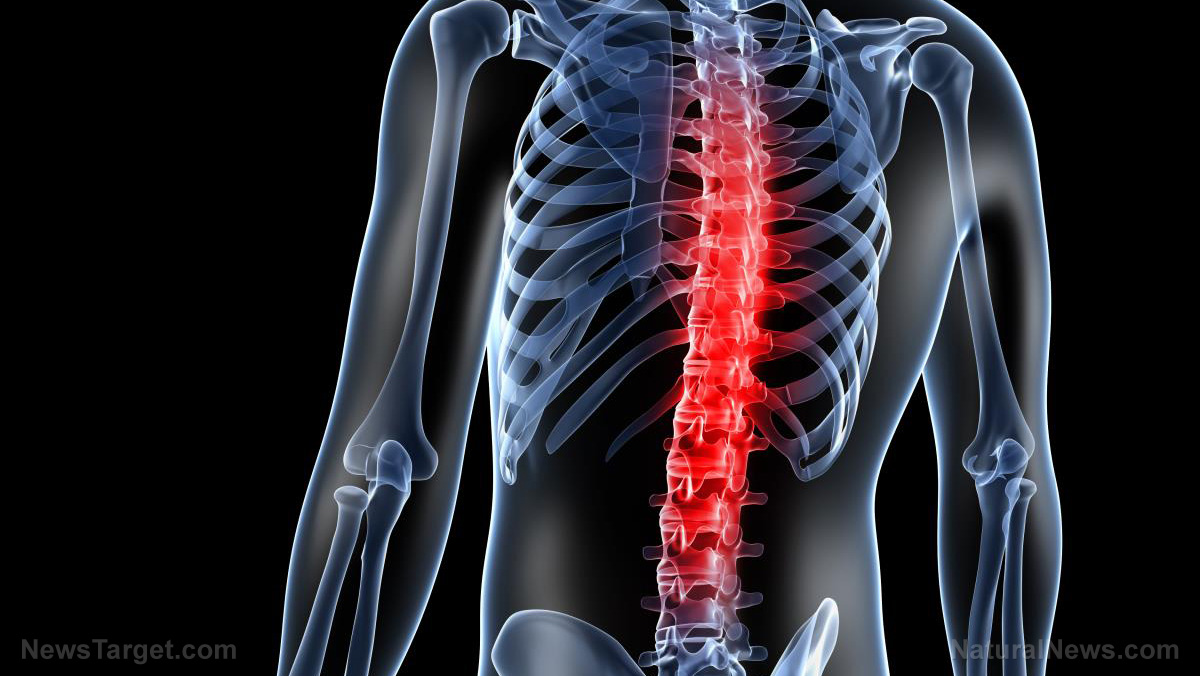CDC: Heart disease and cancer remain the leading causes of US deaths despite the coronavirus pandemic
04/06/2021 / By Virgilio Marin

A report released March 31 by the Centers for Disease Control and Prevention (CDC) shows that heart disease and cancer remain the leading causes of death for 2020 despite the Wuhan coronavirus (COVID-19) pandemic.
The report, which was based on provisional death certificate data between January and December of last year, showed that COVID-19 only came in third, contributing around 375,000 mortalities to the national total of about 3,360,000 mortalities. Heart disease ranked first after tallying more than 690,000 deaths, followed by cancer at nearly 600,000. Both conditions were also the leading causes of death for the year before.
The CDC said that the overall U.S. mortality rate increased for the first time since 2017, by almost 16 percent. COVID-19 led the surge, accounting for an increase of 11.3 percent.
The overall death rate was lowest among children between the ages of five and 14, according to the report. Meanwhile, the highest was among people over the age of 85. Only 134 children aged 14 and below died from COVID-19 while more than 120,000 individuals aged 85 and above died from the disease. Those aged 75 to 84 years accounted for over 104,000 coronavirus deaths.
In terms of race, whites made up the most number of COVID-19-related mortalities at nearly 230,000, followed by Hispanics at over 68,000 and then by Blacks at almost 60,000.
Provisional estimates from the CDC, which were released in February, indicated that life expectancy in the U.S. plummeted by a year in the first half of 2020 – the biggest decline since World War II – and stood at the lowest levels since 2006. (Related: CDC reports thousands of coronavirus deaths involve other contributing causes, raising questions about America’s real death toll.)

“It will take some time before the age-adjusted death rate and life expectancy return to pre-pandemic levels,” said Marc Gourevitch, chair of the department of population health at Langone Health at New York University, who was not part of the report.
Gourevitch predicted that these trends wouldn’t begin to normalize until 2022 at the earliest. He also suggested that the pandemic’s impact on jobs and the economy worsened the direct effects of COVID-19 on mortality.
Pandemic reduced screenings for heart disease, cancer
A study published last January showed that COVID-19 reduced the diagnosis of cardiovascular disease, sharply increasing mortality rates from the condition. Dr. Rishi Wadhera, an assistant professor of cardiology at Harvard Medical School and the lead researcher of the study, told Healthline that during the early phase of the pandemic, clinicians in regions hit hard by the virus noticed a huge drop in hospitalizations for cardiac conditions such as heart attacks.
This led Wadhera and his colleagues to compare pandemic death rates from cardiovascular causes to pre-pandemic rates in order to answer “where all the heart attacks went.” The researchers found that deaths from ischemic heart disease (a condition caused by narrowed arteries) and diseases related to high blood pressure significantly increased after the pandemic started.
New York City recorded the largest increase in deaths due to ischemic heart disease at 139 percent. The city also recorded a 164 percent increase in hypertensive disease. The rest of New York state, as well as New Jersey, Michigan and Illinois, also amassed significant increases in deaths due to heart disease. Death rates from heart failure, cerebrovascular disease and other conditions did not change.
“Although the direct toll of COVID-19 has been devastating, many of us in the medical community have also worried about the indirect toll of the pandemic on patients with other medical conditions, like cardiovascular disease,” Wadhera shared.
Fewer Americans also attended screenings for cancer last year, potentially leading to increased advanced cancer diagnoses. An analysis from the Epic Health Research Network showed that the rate of screenings for breast, cervical and colon cancer by mid-June were as much as 36 percent lower than their pre-pandemic levels.
Experts attributed the reduced number of screenings to months of lockdowns and waves of surging COVID-19 cases, both of which shuttered clinics and reduced operating hours. While it is still early to determine the full impact of the delays in screening, many cancer specialists have already encountered a significant number of advanced cancer cases. (Related: It’s now looking like the lockdowns may have been a huge mistake.)
“There’s no question in practice that we are seeing patients with more advanced breast cancer and colorectal cancer,” said Dr. Lucio N. Gordan, the president of the Florida Cancer Specialists & Research Institute.
Learn more about indirect toll of the COVID-19 pandemic on Americans’ health at Pandemic.news.
Sources include:
Tagged Under: cancer, cancer screening, cardiovascular health, CDC, Centers for Disease Control and Prevention, coronavirus, covid-19, death rate, death toll, heart health, leading cause of death, lockdowns, pandemic




















